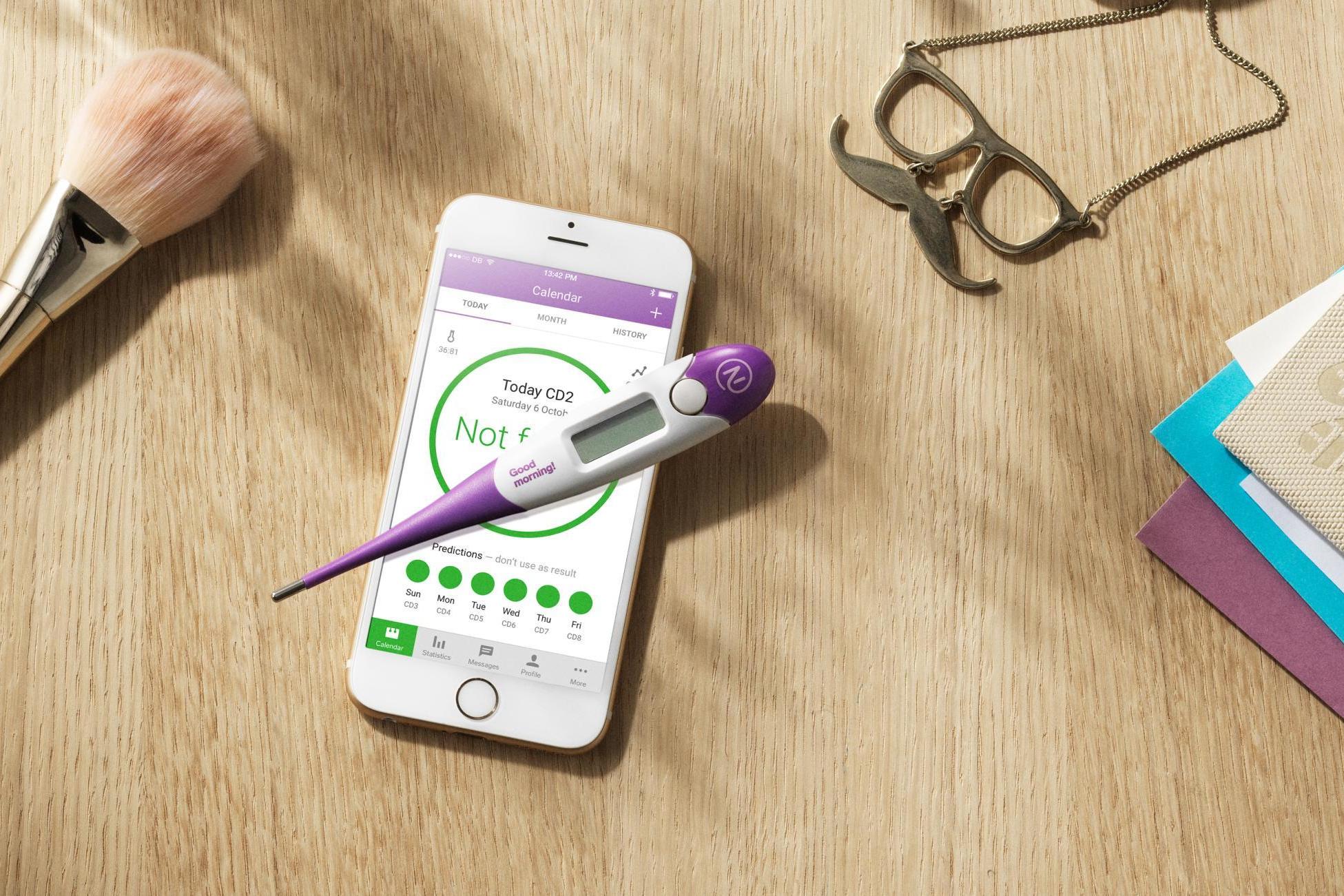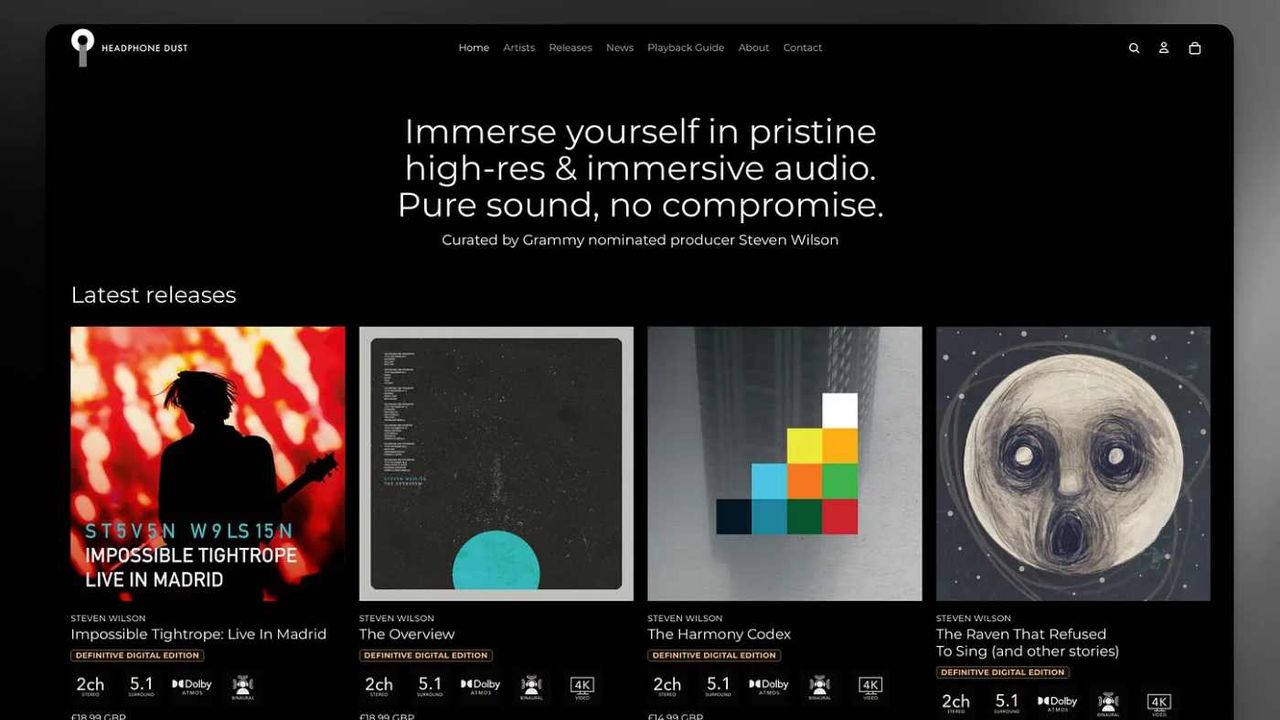
For women, it can be incredibly difficult tracking the functions of our body. No, that’s not intended to be gross, but rather to shed some light onto a topic that isn’t discussed much. I’m not going to get into it too much, but knowing when your monthly cycle is going to occur, isn’t always that straightforward. If you’re trying to get pregnant, it can be even more difficult to know when you’re ovulating unless you have some help. Several months ago, someone developed an app for that. The Swedish Medical Products Agency launched its Natural Cycles app, which was designed to be used as “contraceptive”.
Sure, it wasn’t contraceptive in the traditional sense, but the intent of the app was to tell you when you were fertile enough to be able to conceive. Since it’s launch, Stockholm’s Södersjukhuset hospital is reporting that the app has caused 37 unwanted pregnancies. This number was taken from a study involving 668 women who went to the hospital seeking an abortion. Now, the Swedish MPA has closed its investigation after concluding that the rate of reported unplanned pregnancies among Natural Cycles users is in line with the typical use effectiveness rate of 93 percent, based on a study of over 22,000 women that the company conducted in 2017.
So is that number ok? Is 93% effective a reasonable enough expectation for contraceptive? According to the Swedish government, it is. But is that something that you would use and/or accept? The regulator came to that decision after looking into reports of unplanned pregnancies among women who used the app between January and June 2018. But even the number in Södersjukhuset’s report checks out: 37 out of 668 women exceeds the 93 percent effectiveness rate. In fact, it’s less than the 93% rate.
How does the app work? Natural Cycles determines the day’s users are fertile by scanning their body temperature and tracking their menstrual cycle. It then marks their fertile days in red, so they’d know when to use extra protection. Since it’s the first app to be certified for contraceptive use, it doesn’t come as a surprise that it’s being scrutinized from every angle. Thus far, though, things seem to be going well for the company: the FDA even recently granted it marketing approval in the US.
Natural Cycles responded with this statement:
“We are pleased that the MPA has concluded its investigation, following a review of our real-world effectiveness data. There has been a lot of discussion about this investigation, and we hope that it will provide some reassurance to women to see eminent bodies like the Swedish MPA and the US FDA in alignment based on the strength of our clinical evidence. We never doubted the effectiveness of our product since the number of reported pregnancies is monitored closely on a monthly basis – this is an ongoing responsibility that we commit to as part of operating in a regulated environment.”
While I’m certainly on board with companies like Apple trying to come up with ways that make it easier for people to track their health, I’m not convinced that you should rely solely on an app to keep you from getting pregnant. I think it gives positive information, but if you’re not really interested in getting pregnant in the first place, maybe try another form of birth control – even on the off days.



